civil rights
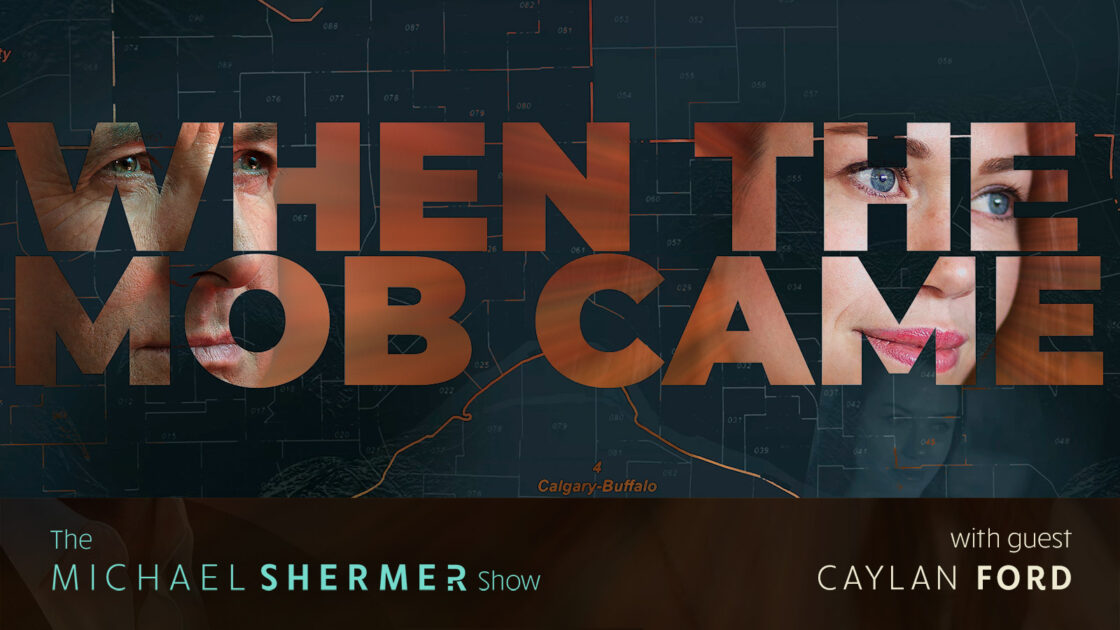
Shermer and Ford discuss: • education reform • public vs. private vs. charter schools • the blank slate • Thomas Sowell’s Constrained Vision vs. Unconstrained Vision • French Revolution vs. American Revolution • truth, justice, and reality • what promotes humanity and what degrades it • transhumanism • political correctness • identity politics • cancel culture • totalitarianism • preference falsification • free speech • hate speech • how to stand up to cancel culture.
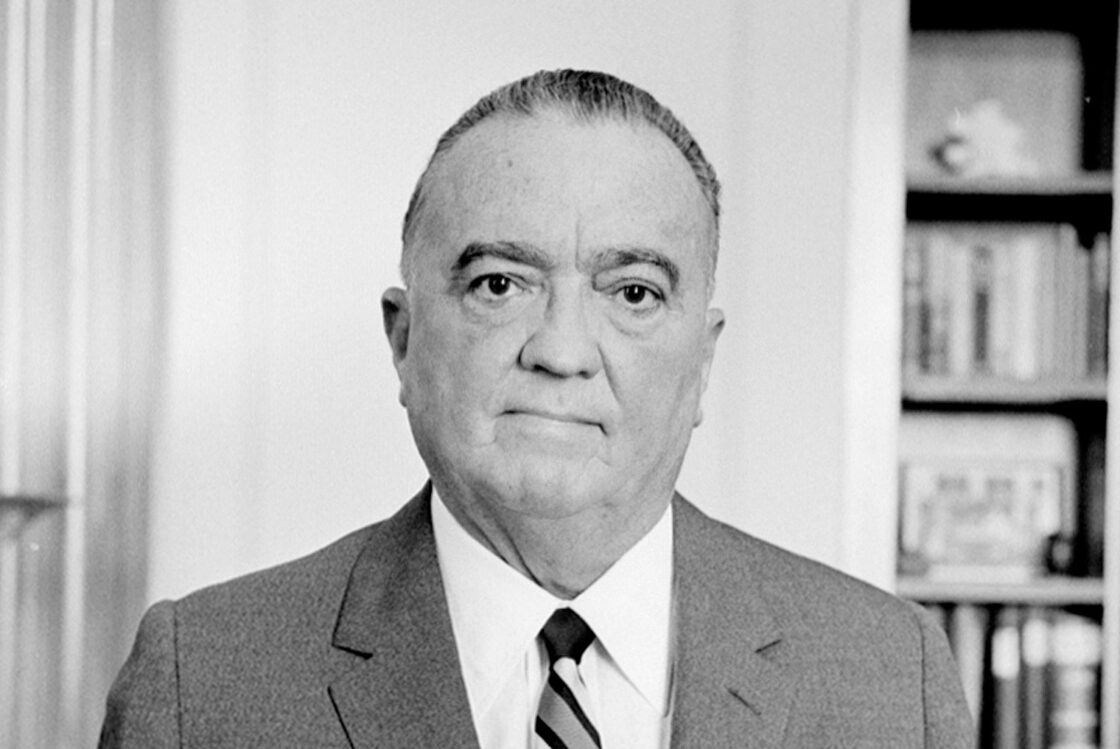
Michelle Ainsworth reviews: G-Man: J. Edgar Hoover and the Making of the American Century by Beverly Gage (2022) and The Gospel of J. Edgar Hoover: How the FBI Aided and Abetted the Rise of White Christian Nationalism (2023) by Lerone A. Martin.
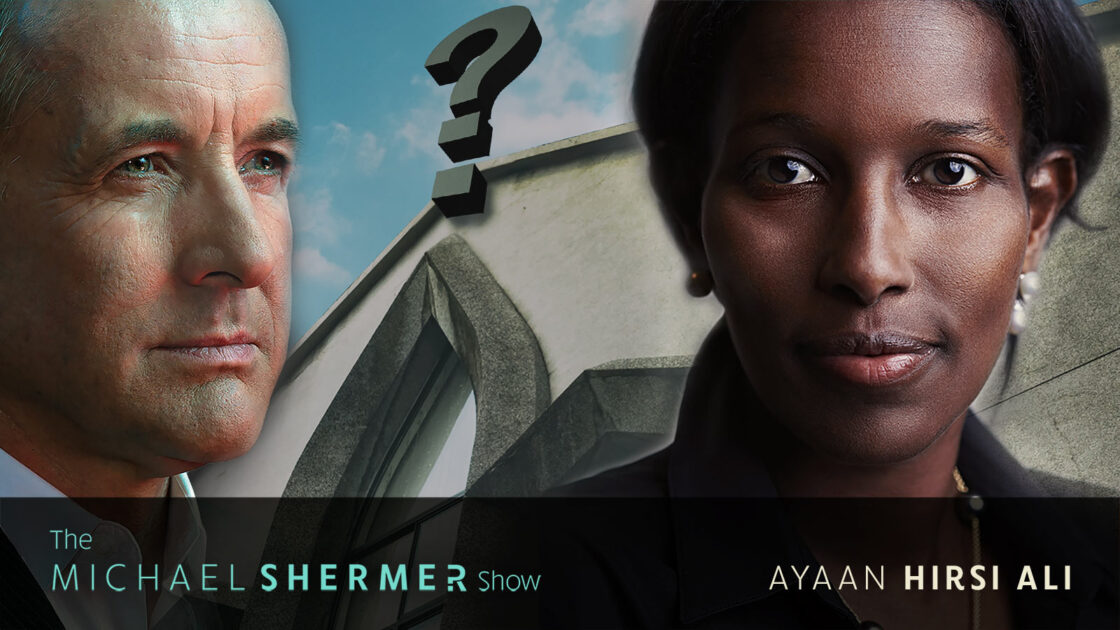
On November 11, 2023, my friend, colleague, and hero Ayaan Hirsi Ali released a statement explaining “Why I am Now a Christian”. What follows is my response, “Why I am Not a Christian,” and why in any case the alternative to theistic morality is not atheism but Enlightenment humanism—a cosmopolitan worldview that places supreme value on human and civil rights, individual autonomy and bodily integrity, free thought and free speech, the rule of law, and science and reason as the…
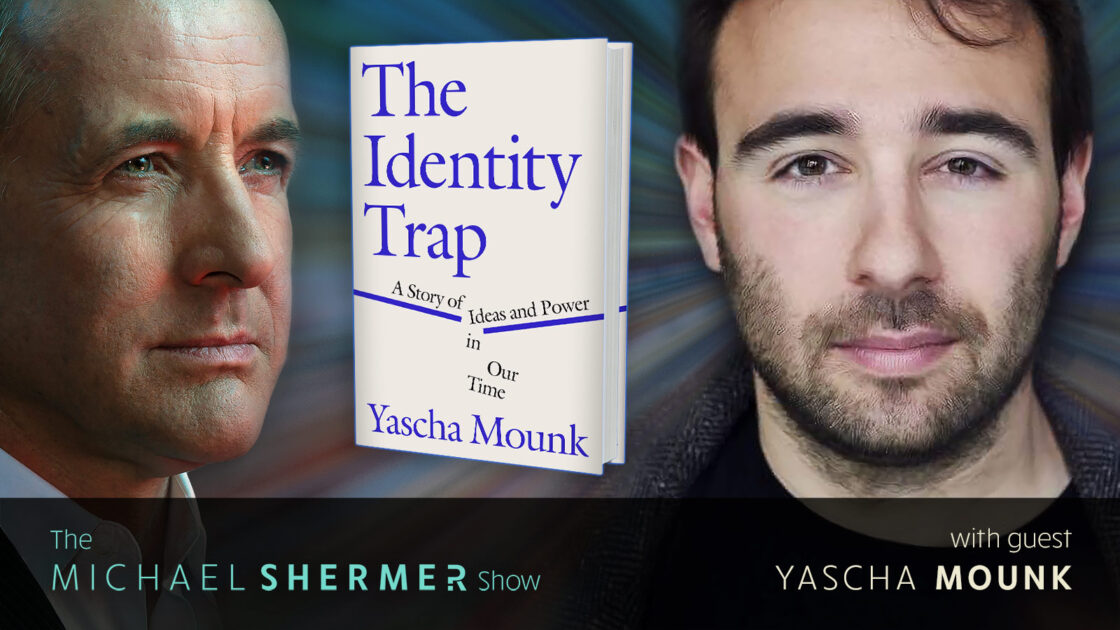
Shermer and Mounk discuss: the identity synthesis/trap • Israel, Hamas, Palestine • why students & student groups are pro-Palestinian and anti-Israel • the rise of anti-Semitism in recent years • proximate/ultimate causes of anti-Semitism • the rejection of the civil rights movement and the rise of critical race theory • overt racism vs. systemic racism • the problem of woke ideology • Trump and the 2024 election • the possibility of another Civil War • What should we do personally…
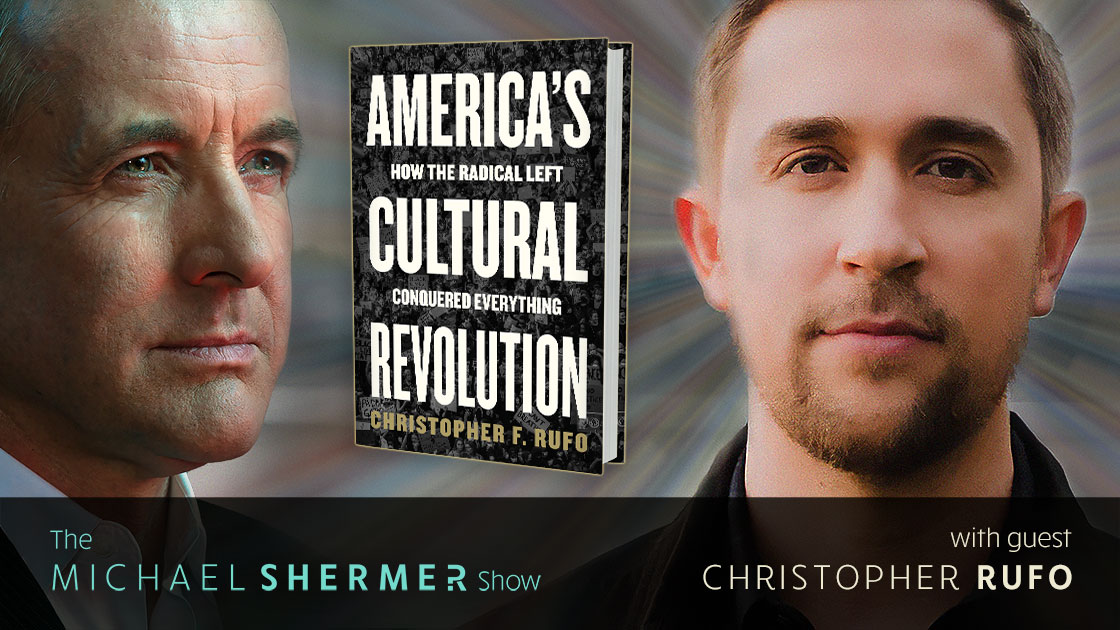
Shermer and Rufo discuss: race as America’s original sin • civil rights movement then and now • liberalism vs. illiberalism • equality vs. equity • overt racism vs. systemic racism • intellectual origins of the cultural revolution: Herbert Marcuse, Angela Davis, Paulo Freire, Derrick Bell, Eldridge Cleaver, Huey Newton • Black Lives Matter origins in the Black Liberation Army and the Black Panthers • critical race theory (CRT) • diversity, equity and inclusion (DEI), and more…
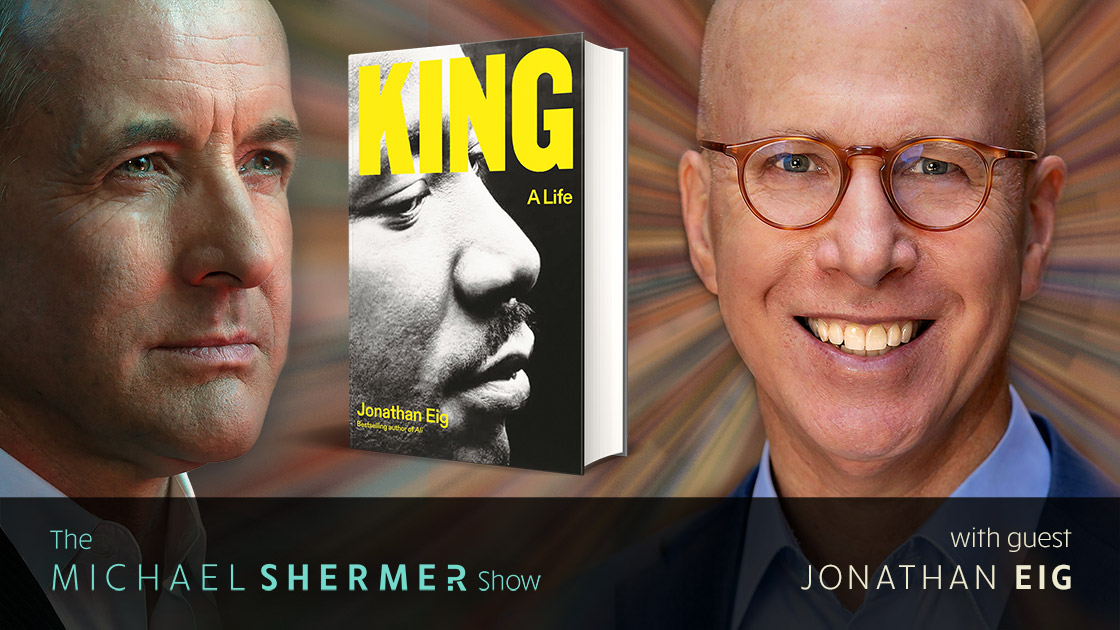
Shermer and Eig discuss: how to write biography • the history of the King family going back to slavery, Jim Crow, etc. • the influence of King Sr. on Martin’s intellectual and emotional development and the Ebenezer Baptist Church • King’s early experience with racism in the south • King’s religious beliefs and the influence of his faith on his civil rights activism • the influence of Gandhi and Reinhold Niebuhr on King’s strategic activism and deep belief in nonviolence…
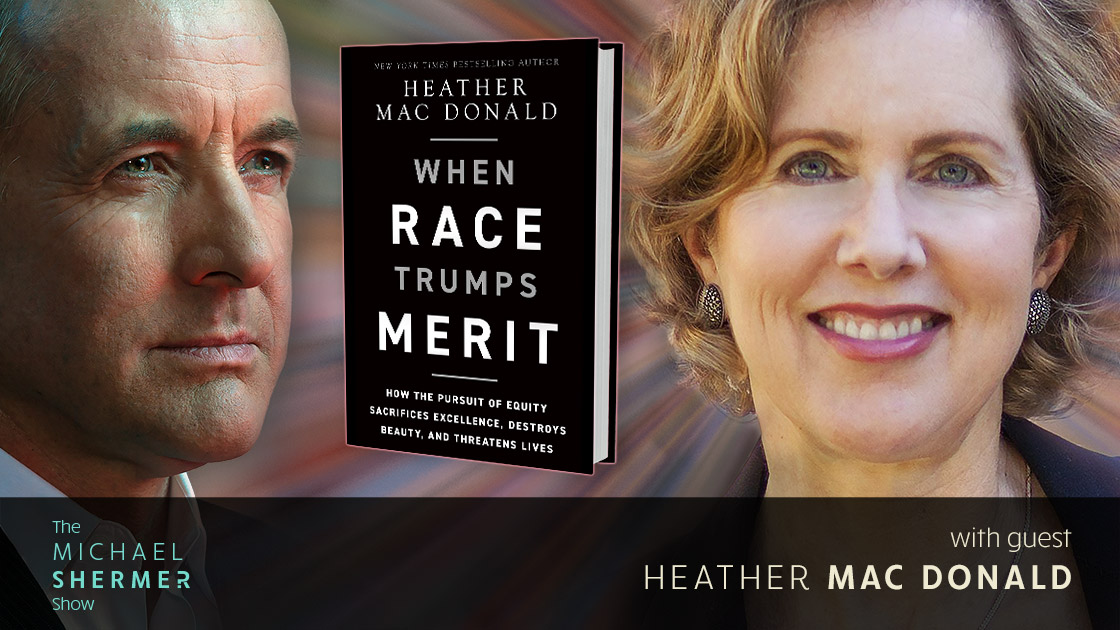
Shermer and Mac Donald discuss: race as America’s original sin • civil rights • equality vs. equity • disparate impact • overt racism vs. systemic racism • why Blacks make less money, own fewer and lower quality homes, work in less prestigious jobs, hold fewer seats in the Senate and House of Representatives, run fewer Fortune 500 companies • race and science, medicine, classical music, opera, Juilliard, Swan Lake, museums, and the law • crime and mass shootings • George…
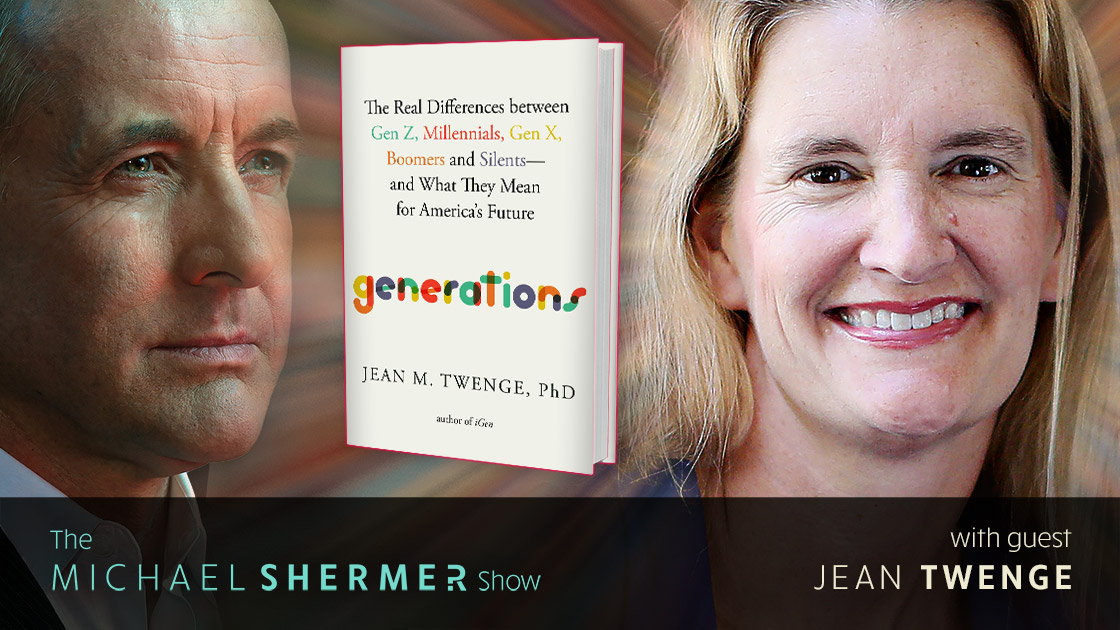
Shermer and Twenge discuss: untangling interacting causal variables (age, gender, race, religion, politics, SES, big events, slow trends, time-period effects, and generational effects) • fuzzy sets/conceptual categories • how historical events effect generations: the Great Depression, WWII, the Cold War and its end, AIDS, 9/11, The Great Recession, Covid-19, #metoo, #BLM, trans, AI • how long-term trends effect generations • technology as a driver of generational differences • civil rights, women’s rights, gay rights, trans rights • abortion and reproductive…
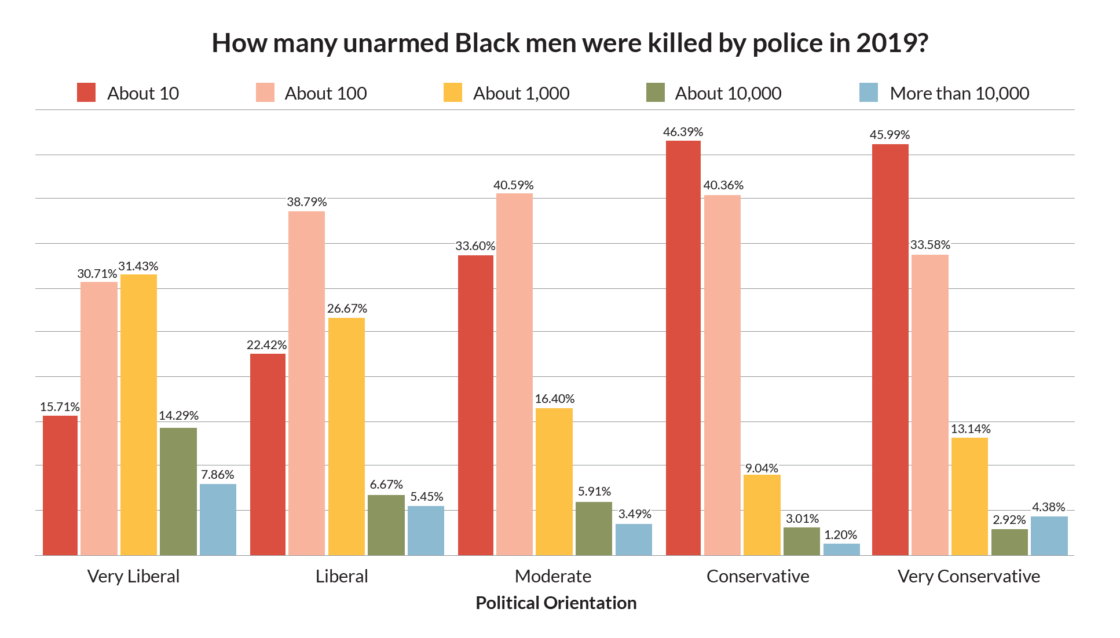
Everyone knows that race relations in America have a long and troubled history. By some measures race relations are very good, with polls showing that people are more tolerant of racial diversity today than they were decades ago. But by other measures it would seem race matters are more disconcerting than ever. In this analysis Chris Ferguson attributes the troubling events of recent years to the news media and how they create a social narrative driving the decline of race…
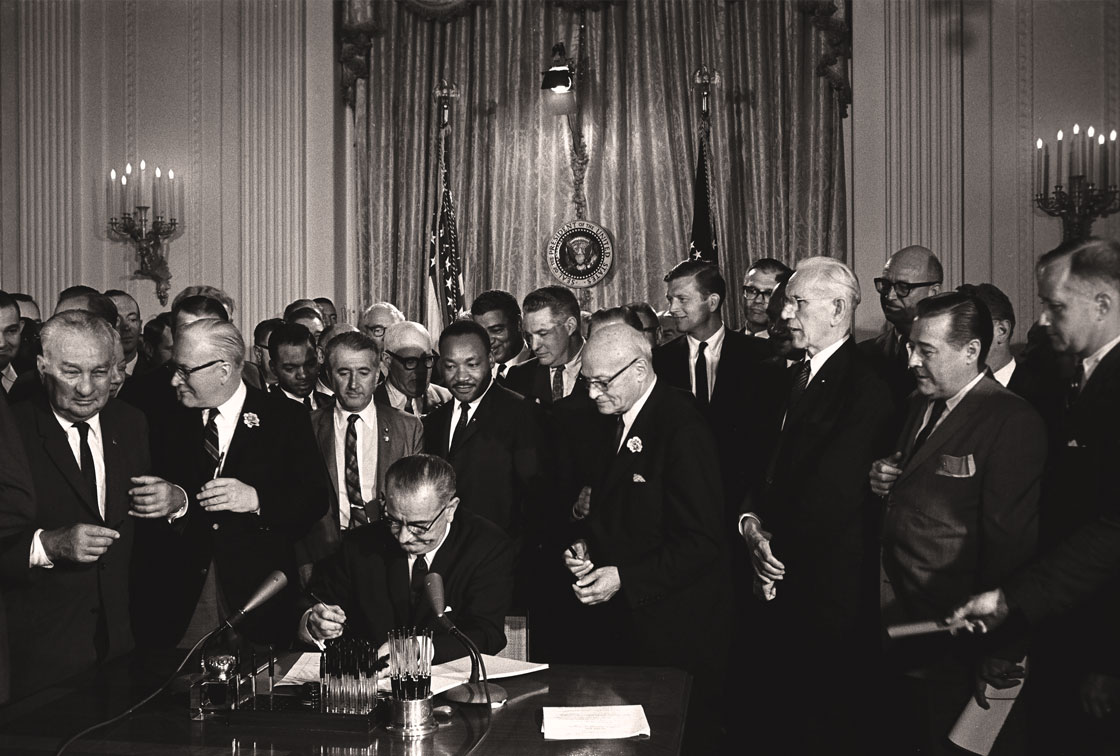
In this provocative article on the controversial topics reparations, and what is owed to the descendants of African Americans who were enslaved, Jason Hill argues that the Civil Rights movement and ensuing acts and laws in the 1960s and 1970s have already provided a type of reparations, and that more such reparations, particularly in the form of cash payments, are unnecessary, not to mention nearly impossible to determine who is owed what.

As Skeptic Publisher Michael Shermer wrote in his Introduction to Skeptic magazine’s special issue on Race Matters (27.3), the issues outlined in this article documenting the continuation of systemically racist social structures—even as racist attitudes have improved dramatically over the past half century—mean that race still matters very much in the USA. It is thus incumbent on all of us to properly understand the causes of these issues so that we may implement a rational and science-based response to them.
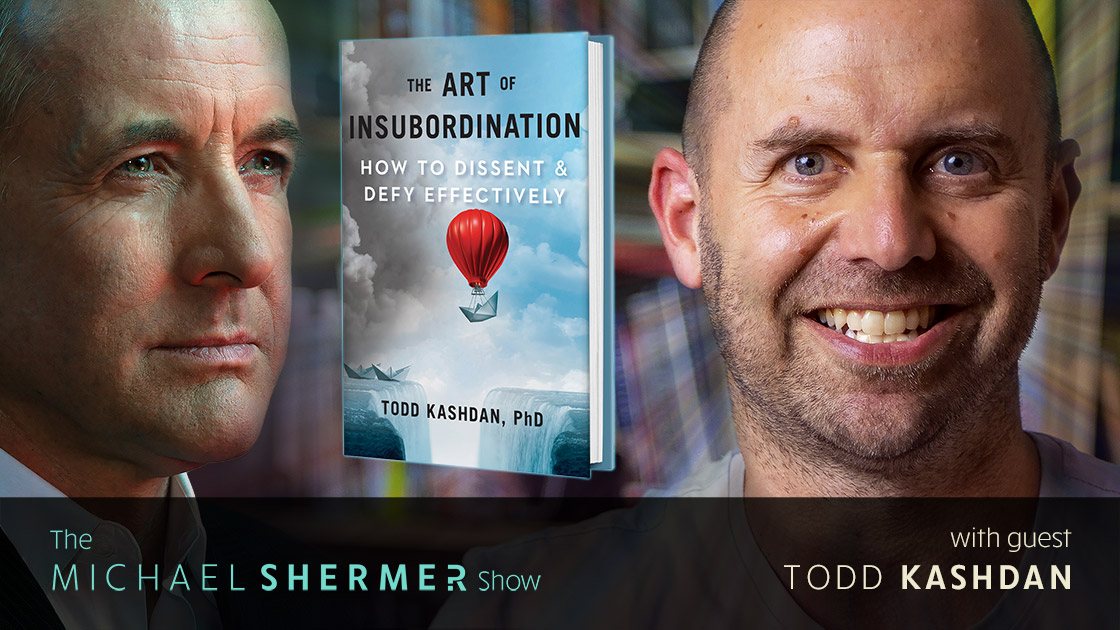
Shermer and Kashdan discuss: how he became an insubordinate rebel in his unusual young life • the effects of a fatherless home on children • the influence of role models • how civil rights movements make progress • the adversarial court system • how juries should think • racialization in America • viewpoint diversity • resisting complacency • the value of non-conformity • influencing the majority (when in the minority) • how to build alliances • how to champion ideas…
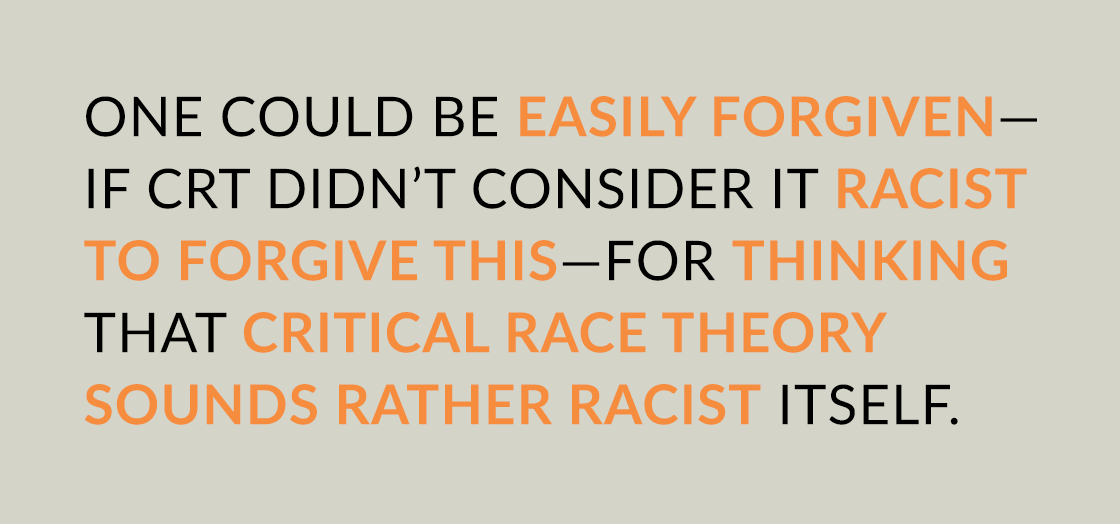
Critical Race Theory (CRT) is, at root, an American phenomenon. So thoroughly is this the case that although its ideas have been used outside the United States for some time, they are often highly flavored by U.S. racial history. CRT holds that race is a social construct that was created to maintain White privilege and […]
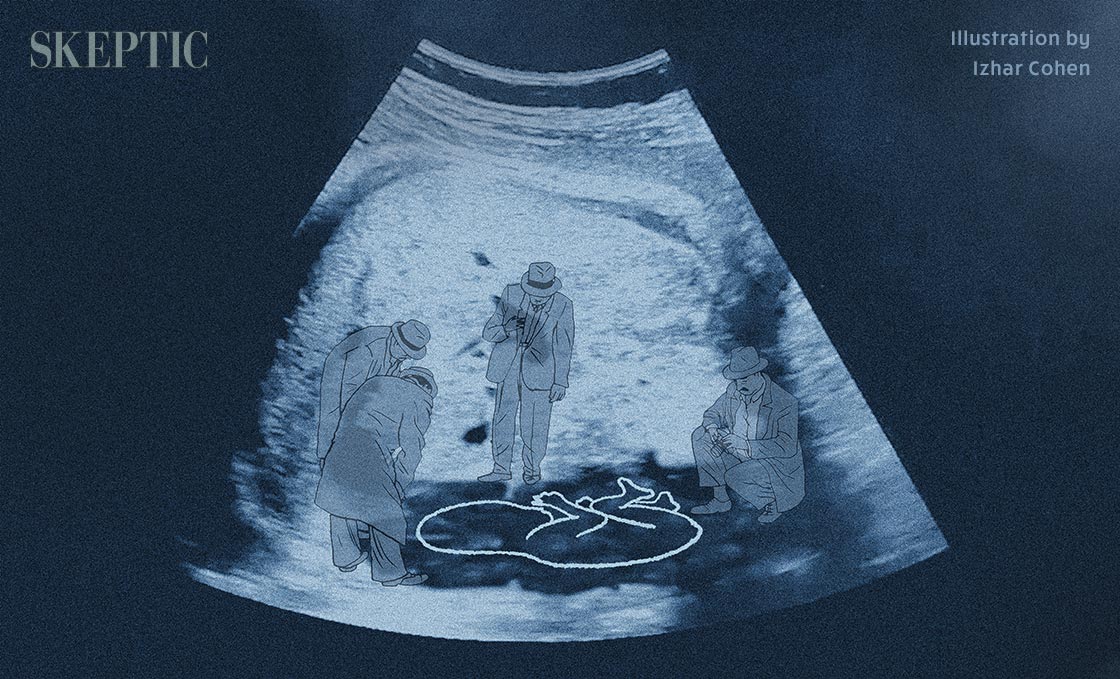
Abortion is one of the most relevant issues of our time. As with many other subjects capable of arousing strong emotion, people tend to assume that the U.S. public is evenly divided, in this case between the “pro-choice” and “pro-life” positions. And some frequently cited polling would lead you to believe that it is indeed […]
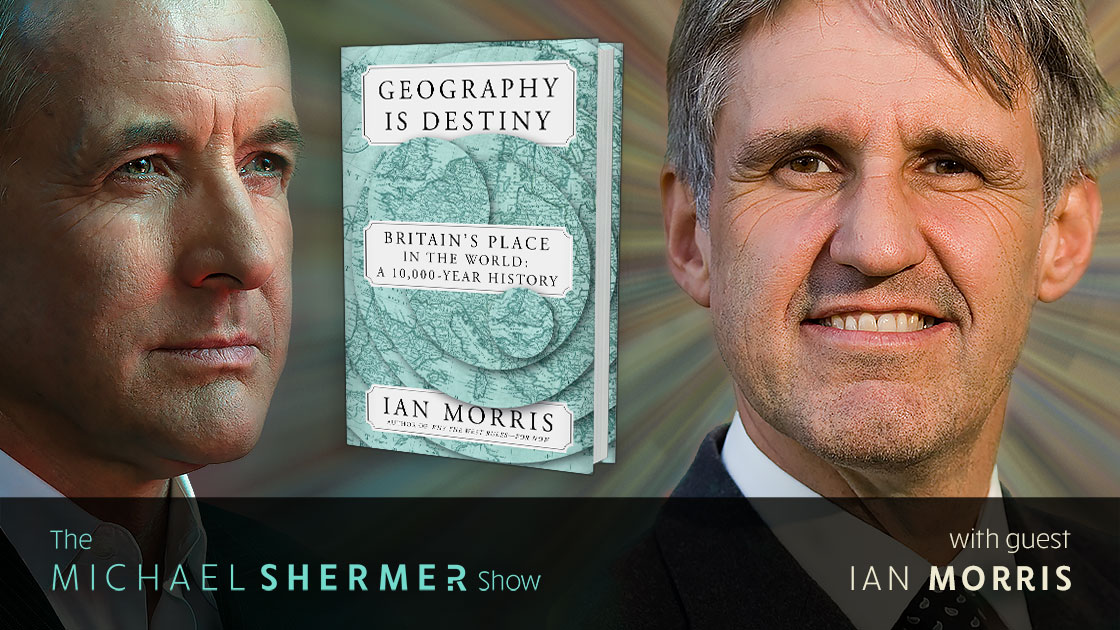
In this conversation on deep time and big history, Shermer and Morris discuss the history of Big History, the future of energy and civilization, China and the future of energy and political power, what Britain was like 8000 years ago, the major transitions in British history, counterfactual history, slavery and the abolition of the slave trade, the role of ideas in history (civil rights, rule of law, justice, etc.), reparations and making right the wrongs of the past.
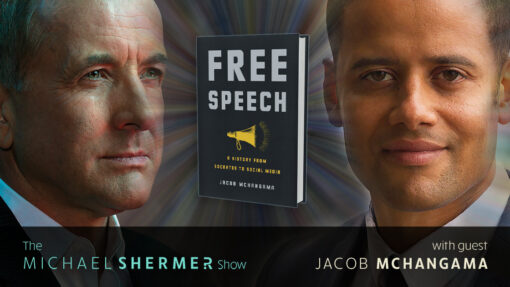
In this episode, based on the book Free Speech, Michael Shermer and Jacob Mchangama discuss the riveting legal, political, and cultural history of the principle, how much we have gained from it, and how much we stand to lose without it.
In this episode, based on the book Free Speech, Michael Shermer and Jacob Mchangama discuss the riveting legal, political, and cultural history of the principle, how much we have gained from it, and how much we stand to lose without it.
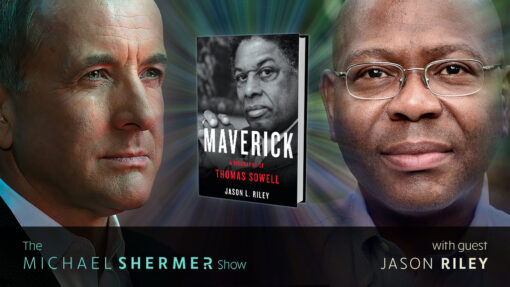
In episode 235, Michael Shermer speaks with Jason Riley about Maverick — the first-ever biography of Thomas Sowell, one of the great social theorists of our age.
In episode 235, Michael Shermer speaks with Jason Riley about Maverick — the first-ever biography of Thomas Sowell, one of the great social theorists of our age.

Michael Shermer and Mary Grabar discuss: communism • capitalism • cancel culture • the 1619 Project • empirical truths vs. mythic truths • historical revisionism vs. denial • pseudohistory • slavery 1619–1776 • reparations, Howard Zinn and the distortion of history • moral equivalency arguments • quotations taken out of context • the Holocaust s • intentionalism vs. functionalism • manipulation and deception, and more…
NEXT →


























